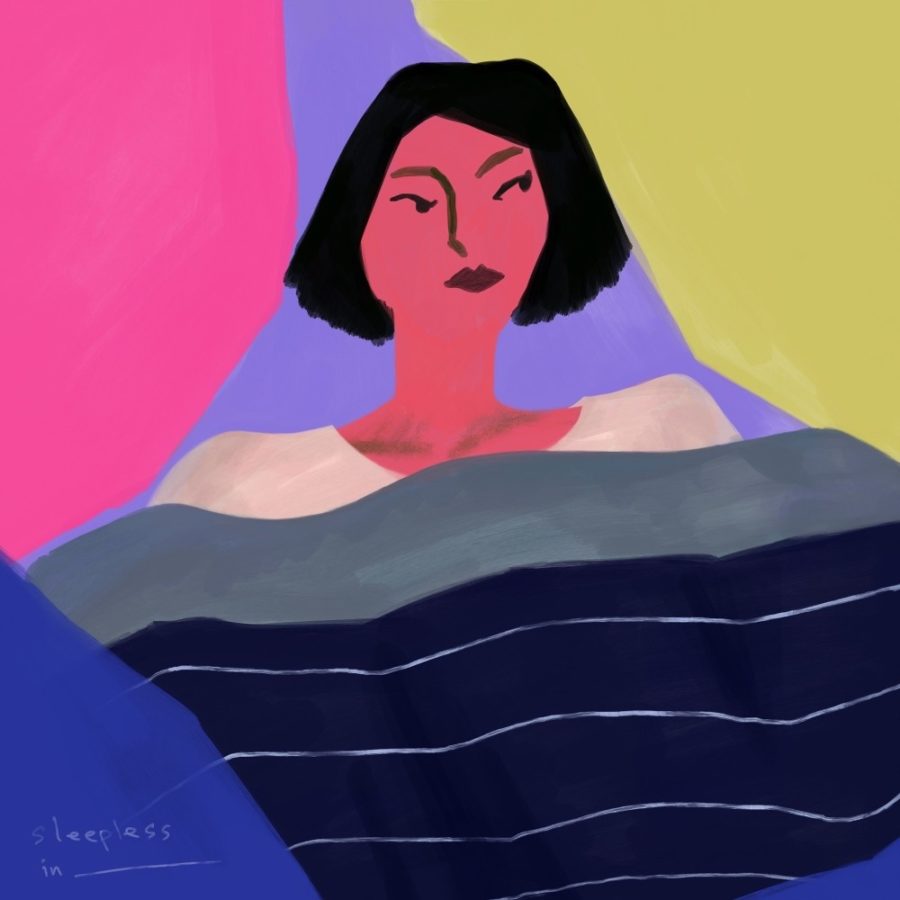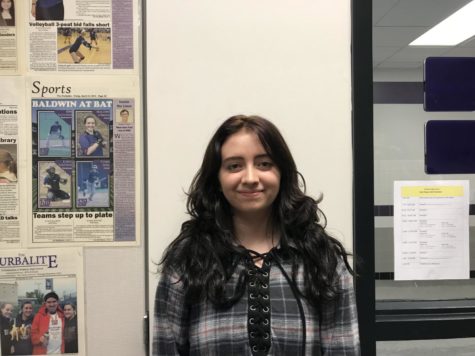Epik High brings light to a world ridden with insomnia in newest album
Epik High’s “Sleepless in ______” discusses aspects of insomnia in each of its songs.
March 20, 2019
Korean hip-hop trio Epik High brings light to a world filled with anxiety and insomnia on its new EP Sleepless In ______.
The group has been producing music for over 15 years and they are no stranger to creating exceptional and unique music.
Their newest EP features several impressive collabs of talented and well-known faces in Korean music. They always ensure they have fitting collaborators featured in their music, and this EP is no exception, with each artist adding to the emotion and meaning behind the songs.
The group wanted to address the insomnia that keeps them up creating music. Each song is about different thoughts that keep people up in the night.
The first song, “Sleepless,” acts as a haunting intro to the EP, with a slow instrumental and robotic voice posing the question of the album: “Are you always sleepless?”
After making music for many years, Tablo, a rapper in Epik High, has been plagued with insomnia-filled nights. The group wanted to make an EP to show others that they aren’t the only ones lying awake at night.
“In Seoul” features the dreamy and feminine voice of SunWoo Jung-A, along with a nostalgic hip-hop beat. The lyrics tell of a struggling and lonely life in a bustling city that keeps them awake at night.
Crush’s smooth vocals are featured in “Lovedrunk,” which is about the pain of love and a broken heart. Crush’s melodic voice paired with the rappers of Epik High make for a moody and heart-wrenching song.
“Eternal Sunshine,” produced by BTS’s Suga, is about hoping for better times and wanting to stay in bed away from the reality of the world. It’s a kind of oath to all the people who are wishing for eternal sunshine, with lyrics like “Do you get lonely, sick with anxiety, can’t trust nobody? Well same here.”
Yuna’s featured vocals on “No Different” add a jazzier style to a ballad about two people who are sick with the same condition — love. The song explores more of the melancholy forces of sleeplessness, leaving listeners feeling sentimental and empty.
“Rain After Tomorrow” takes a lighter approach to insomnia, blaming it on a mind filled with ideas and creativity. It adds balance to the EP with a more upbeat sound without losing the overall flow.
The last track, “Lullaby for a Cat,” is slower again and brings closure to the EP, contemplating the cycle of loneliness.
In a country like South Korea, where children and adults alike have been encouraged to study and work until late hours of the night, it’s all the more significant for an album to be focused on insomnia.
However, sleeplessness doesn’t only plague South Korea. Many listeners who have had their own nights lying awake will surely be able to relate to the songs on the EP.




